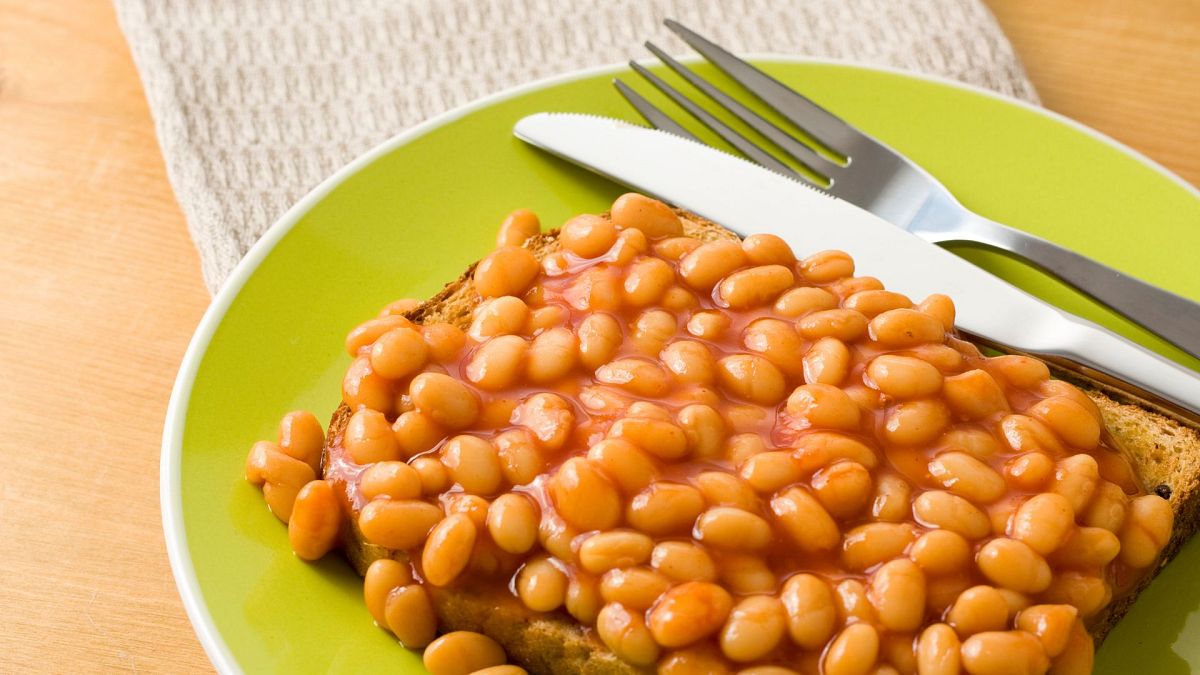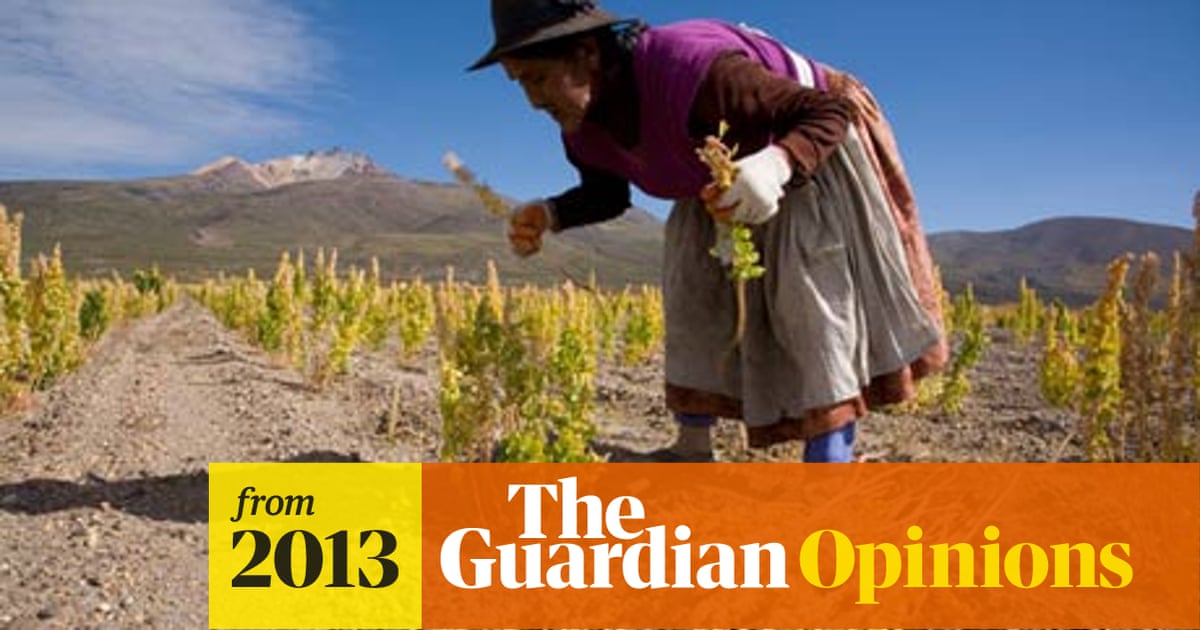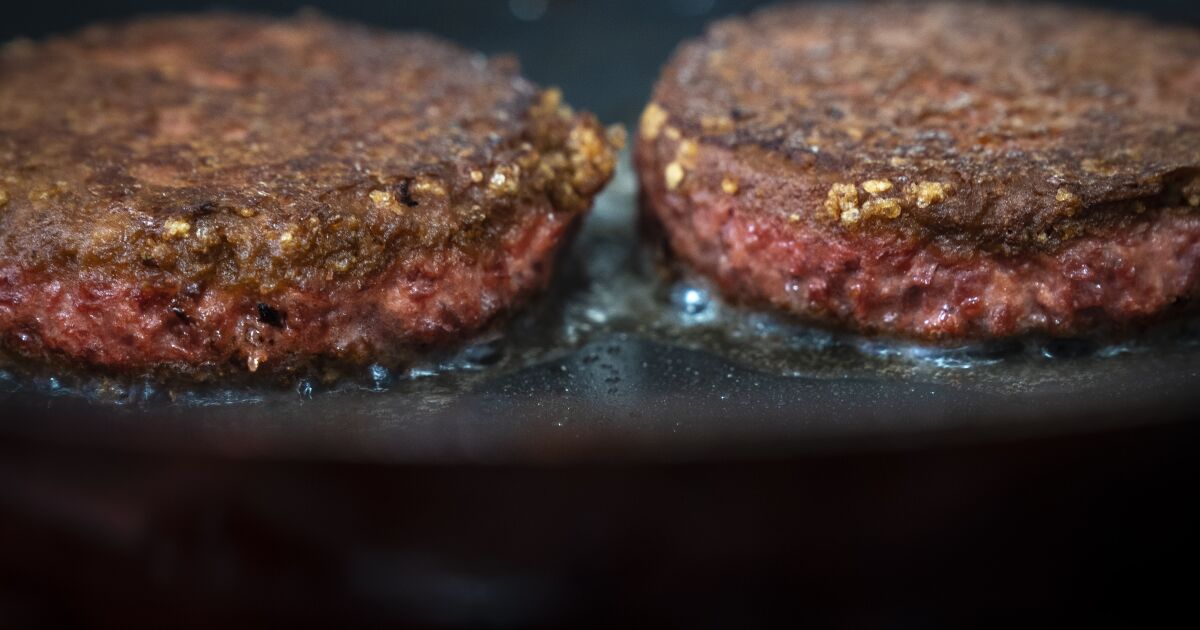- Joined
- Apr 30, 2005
- Messages
- 34,362

Eat more beans to help save the planet, campaigners urge
Could eating more beans help reduce emissions and fix the cost of living crisis? This campaign initiative thinks so.

Doesn't eating more beans make humans create and release more gas?
I hate beans. I love vegetable but a hard no to beans.


"But there is an unpalatable truth to face for those of us with a bag of quinoa in the larder. The appetite of countries such as ours for this grain has pushed up prices to such an extent that poorer people in Peru and Bolivia, for whom it was once a nourishing staple food, can no longer afford to eat it. Imported junk food is cheaper. In Lima, quinoa now costs more than chicken. Outside the cities, and fuelled by overseas demand, the pressure is on to turn land that once produced a portfolio of diverse crops into quinoa monoculture."
source:

Can vegans stomach the unpalatable truth about quinoa? | Joanna Blythman
Joanna Blythman: Ethical consumers should be aware poor Bolivians can no longer afford their staple grain, due to western demand raising priceswww.theguardian.com
This is called food gentrification, FYI people.
Eat locally produced foods, help your community/farmers. This is the only feasable future not food monopolies and tons of chems and GMOs.
That's good, I just hope it doesn't affect the local flora. Humans have a way of ruining habitats for various reasons.This has been brought up for at least a decade now. Farmers in North America are now producing quinoa so i think we’re on our way to making it local.
It's mathematical. Regardless of what we eat, we still need space to grow food and unpolluted air and water to nourish food growth. Populations living in areas affected by climate change (i.e., areas that are now prone to severe flooding or will soon be under water or are and will suffer enduring droughts) will need to move. They'll be moving to places that are agricultural because there's insufficient room for them in developed areas. Climate change is moving the US breadbasket farther north -- like north to Canada. The current agricultural meccas in the US will become dustbowls. The sum of the problem is that we need far far fewer people on the planet so the areas that can still provide food and those that will provide food in the future can produce enough food to sustain what needs to become a human population in balance with the earth's ability to sufficiently sustain it. The now and the future will require us to make choices we'd rather avoid and have avoided which is one reason why we're in this pickle.